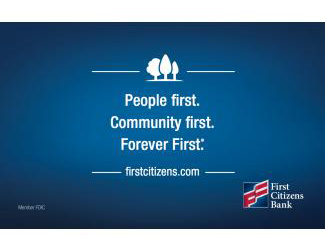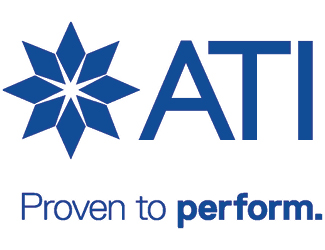
Do you know what makes a great employee? Some traits are easy to spot: people who are punctual and reliable, perform well under pressure and can be trusted to complete their job tasks with few mistakes. However, some traditional “red flags” are actually a sign of underutilized talent. Are you letting a great employee wither on the vine?
Not All Great Employees Make Important Decisions
When it comes to deciding for the company or a project, sometimes the best employees may realize that someone else is better qualified to make the decision. This could be the person in charge of the department whose decision will impact most or an employee with several suggestions about a different, better approach.
Great employees note when they aren’t the right person to decide and have the insight to seek counsel from the person who is.
Good Managers Coach More Than They Discipline
Writing up a subordinate for a rule infraction or poor performance is fairly straightforward and often the only option most managers utilize. Turning a mistake into a teachable moment takes more time and attention than some managers have, and this can be a missed opportunity for professional growth. Allowing employees to learn a lesson through experiencing the logical consequences of their mistakes often means that a lesson sticks and the employee learns from their mistakes.
Good managers and leaders realize that the goal is employee growth, not punishment.

Focus on Employee Goals, Not Company Goals
A good manager can inspire their team to achieve company goals, but a great manager makes employees feel that what they’re doing benefits themselves, as well. Most people work harder when striving for something that benefits them directly, not just company goals.
Professional development and training, taking on a challenging project, or having an opportunity to participate in major changes in the company gives workers a sense of purpose. When their contributions enhance their career and professional reputation and align with company goals, then these employees often outperform their peers.
Hands-On Leadership
It’s a fairly well-known fact that most employees have more respect for a leader who’s willing to get their hands dirty alongside them than one who manages from afar. A boss that can keep everyone on task, motivated, and organized will typically get great results. But when something goes wrong, and it’s an all-hands-on-deck situation, a boss who is able and willing to pitch in will earn a lot of respect from their employees, who will often perform better under their leadership.
Build Your Culture and Your Culture Will Build Your Business
Identifying employees, line supervisors, and managers who exhibit these traits, some of which may seem antithetical to what a “good manager” is supposed to be like, is an important part of running an effective business. When you look for leaders or leadership potential, look for individuals who see three moves ahead, not just putting out fires. True leadership means understanding the strengths and weaknesses of everyone on your team and identifying where to play those strengths for the greatest effectiveness. A manager who is willing to defer to the expertise of another, or one who can pitch in alongside their team in a pinch, is one who truly understands what it takes to get the job done.
If you notice that you have someone with the above traits working for you, consider placing them in a mentorship position to help you grow and develop new talent in your company.
Last modified: September 9, 2022



















